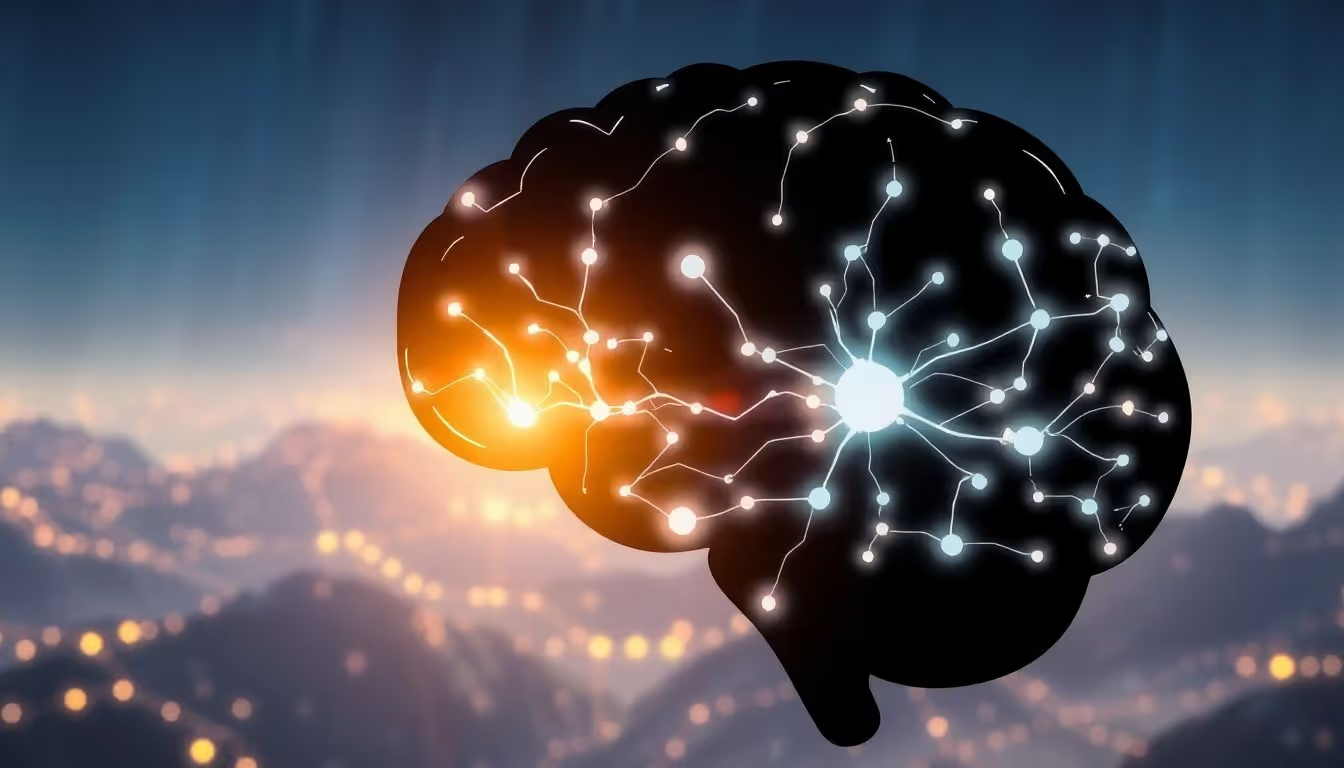Google's Demis Hassabis On The Future of Work in the Age of AI
Explore the future of work and Artificial General Intelligence (AGI) with Google DeepMind CEO Demis Hassabis. Learn about AI's potential, challenges, and societal impact.
In a recent discussion, Steven Levy from WIRED sat down with Demis Hassabis, CEO of Google DeepMind. They talked about the fast-moving world of AI, the journey toward Artificial General Intelligence (AGI), and how Google is getting ready for the future of work. It was a good chat about what's coming next with AI.
The Road to Artificial General Intelligence (AGI)
Demis Hassabis started DeepMind with a big goal: to figure out intelligence and then use that to solve everything else. He believes they are on track, maybe just 5 to 10 years away from what many would call AGI. This is a system that can do all the thinking things humans can do. It's a big idea, and it's getting closer.
Key Takeaways
Defining AGI: There's a lot of talk about what AGI actually means. For DeepMind, it's about a system showing all the cognitive abilities humans have. The human mind is the only proof we have that general intelligence is even possible.
Current AI Limitations: Today's AI systems, like large language models (LLMs) and chatbots, are impressive but have gaps. They struggle with true reasoning, planning, memory, and real invention or creativity. They can be amazing at some things, like solving complex math problems, but then mess up on simple tasks, like counting letters in a word. This shows they aren't fully generalized yet.
Incremental vs. Sudden Shift: It's not clear if AGI will arrive all at once or gradually. Hassabis thinks it will be more of a slow change. Even if we get AGI, the real world still has its own rules, like factories and robots. So, it will take time for digital intelligence to really make a difference in the physical world.
The "Hard Takeoff" Idea: Some people worry about a "hard takeoff" scenario, where an AGI system could improve itself super fast, making a small lead into a huge gap. Hassabis says it's an unknown, and it could also be a more gradual process.
AI's Impact on Society and Safety
AI brings a lot of good things, like new cures for diseases and new energy sources. But it also comes with worries. If AI systems are built with the wrong values or are unsafe, that could be a big problem. There are two main risks:
Bad Actors: Individuals or countries using AI for harmful purposes.
Technical Risks: As AI gets more powerful, making sure it stays safe and doesn't go rogue.
There's a lot of pressure in the AI field right now, with many resources going into it. Hassabis believes smart, international regulation is important. These systems will affect everyone, and they are digital, so restricting them in one area doesn't help overall safety. International cooperation and flexible rules are needed as our understanding of AI grows.
The Future of Work with AI
AI is going to change jobs a lot. Economists haven't seen huge changes yet, but tools like AlphaFold are already helping scientists. Hassabis thinks that in the next 5 to 10 years, there will be a lot of changes in the job market. Historically, new technologies create new, often better, jobs. This happened with the internet and mobile phones. It might be different this time, but for now, AI tools will likely make us much more productive and creative.
Human vs. Machine Roles: Even if AGI can do everything humans can, there are some things we might not want machines to do. For example, an AI could help a doctor with diagnoses, but the human empathy of a nurse is something a robot can't replace.
Advice for Graduates: For students today, Hassabis suggests diving into these new AI systems. Learn how they're built, how to use them, and how to get the most out of them. Being good with these tools could make people much more productive.
A Vision for the Future: Radical Abundance
Hassabis hopes that in 20 to 30 years, if things go well, we'll be in an era of "radical abundance." This means AI could solve big problems like curing diseases, finding new energy sources, and making us live longer, healthier lives. If energy becomes almost free, problems like water access could be solved through things like desalination.
This future would mean a shift from a "zero-sum game" mentality, where resources are limited, to a world where there's plenty for everyone. While AI can provide the technical solutions, society will still need to figure out how to share this abundance fairly. Hassabis believes that capitalism has been good at driving progress, and he hopes that as we reach this stage, our ideas about value and money will also change.
Addressing Concerns About AI
Hassabis knows that some people are worried or even angry about AI, similar to how people felt during the Industrial Revolution. He understands that big changes can be scary. But he also points out the huge benefits. For example, AlphaFold, a DeepMind creation, is helping with medicine and drug discovery. He argues that it would be wrong not to use AI to solve major societal problems like climate change and energy shortages.
He believes that while AI itself is a challenge, it's also a tool that can help us with many other big problems facing the world today. He remains optimistic that we can overcome the unknowns and use AI for the good of humanity.








